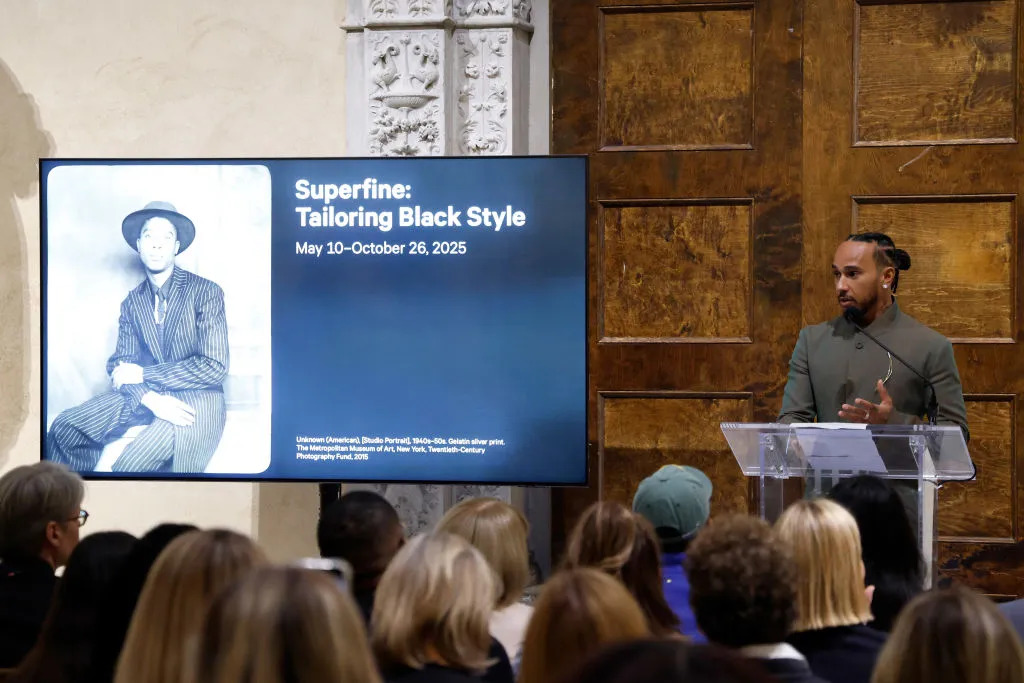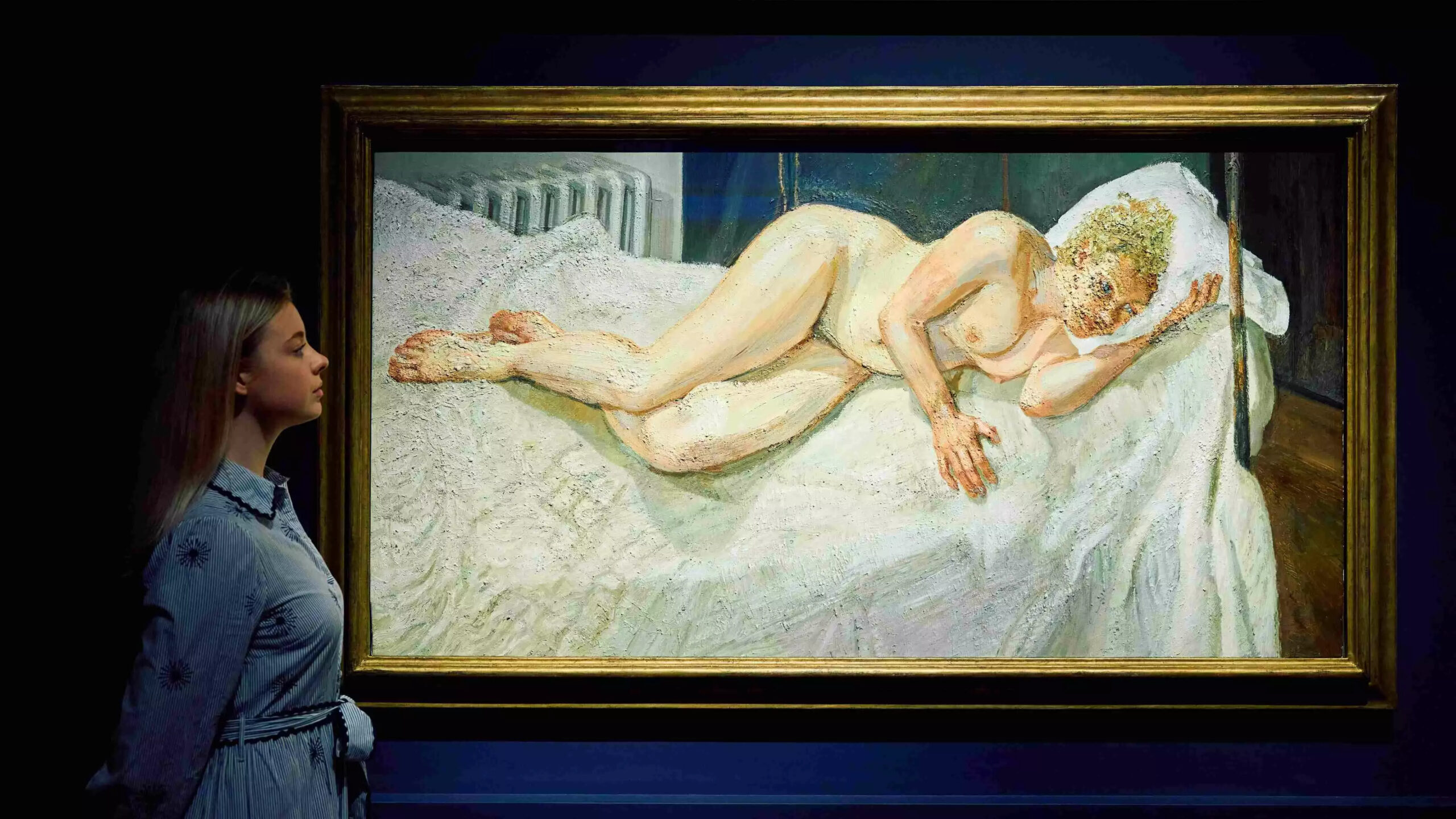The Costume Institute at the Metropolitan Museum of Art will focus on the relationship between race, fashion, and identity in its Spring 2025 exhibition titled “Superfine: Tailoring Black Style.”
The exhibition will share its theme with this year’s Met Gala. While focusing on Black dandyism, which is a movement involving Black men adopting traditional European fashion and adapting it as a form of resistance, the show is planned to open on May 10, 2025, and will be on view until October 26, 2025.
Curator Andrew Bolton said that the museum is examining how Black individuals have used clothing to affirm their identities. This exploration draws on the research of Monica L. Miller, whose 2009 book, ‘Slaves to Fashion: Black Dandyism and the Styling of Black Diasporic Identity’ shows how Black men embraced colonial styles. Miller described this trend as an act of “sartorial revenge,” evaluate their European oppressors rather than simply assimilating.
The organisers of the Met show, along with Costume Institute co-chair Anna Wintour, have selected American and British musicians and athletes to be their ambassadors for the theme and co-chairs of the gala. Notable figures include ASAP Rocky, LeBron James, Pharrell Williams, and Lewis Hamilton. Pharrell became the creative director for Louis Vuitton in 2023, while Hamilton, who is a professional race car driver based in the UK, began his collaboration with Louis Vuitton in 2020.
The exhibition represents a notable change for the Met, as the Costume Institute has never hosted a show specifically focused on race. Additionally, it has been 20 years since the museum dedicated an annual theme to menswear.
Costume Institute’s broader initiative “Superfine” is working to address a historical imbalance in its collections where White designers far outnumber Black designers in the institute’s collections.
The theme of the exhibition also addresses the inquiries related to the latest research about contemporary fashion and race running by Black academicians The photo book published in 2021 ‘Black Ivy: A Revolt in Style’ demonstrates that since the 1950’s, the Black countercultural figures have started adopting styles typically associated with elite, mostly White groups In 2020, a fashion history professor at Ryerson University in Toronto, Kimberly Jenkins, expanded an online resource focused on the relationship between the fashion and race history called ‘Fashion and Race Database’







